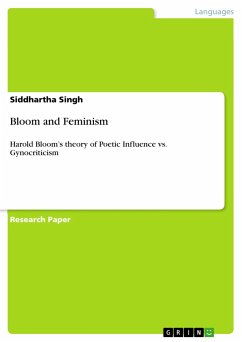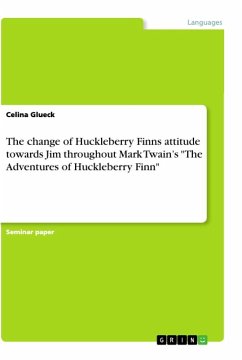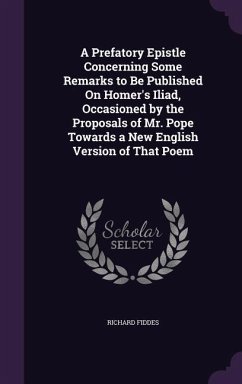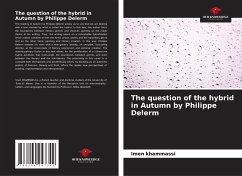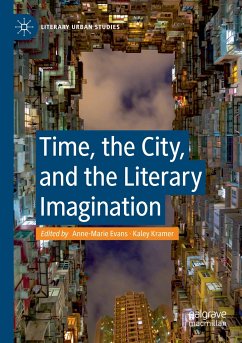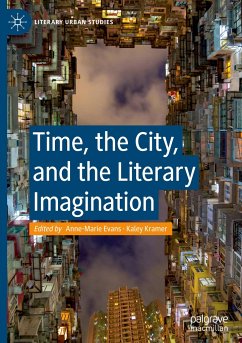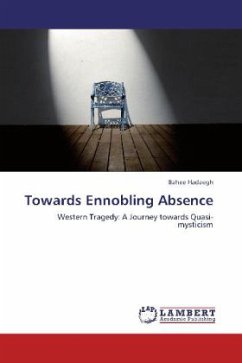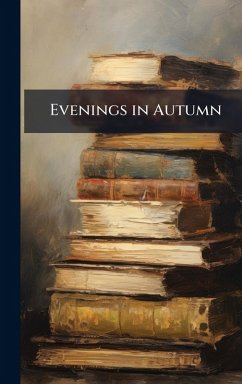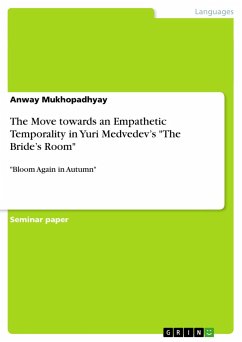
The Move towards an Empathetic Temporality in Yuri Medvedev's "The Bride's Room"
"Bloom Again in Autumn"
Versandkostenfrei!
Versandfertig in 1-2 Wochen
17,95 €
inkl. MwSt.

PAYBACK Punkte
0 °P sammeln!
Seminar paper from the year 2012 in the subject Literature - Modern Literature, grade: hundred per cent (10 out of 10), Jadavpur University, course: "utopian literature", optional course, MA English, Second Year, Fourth Semester, conducted by Rimi B. Chatterjee, language: English, abstract: Time has been conceptualized in various ways by the scientists, litterateurs and philosophers. But here, drawing on a 'utopian' narrative by a Russian author, Mukhopadhyay envisages an empathetic temporality that can create a mysterious compatibility between human time and natural time by ushering in a new ...
Seminar paper from the year 2012 in the subject Literature - Modern Literature, grade: hundred per cent (10 out of 10), Jadavpur University, course: "utopian literature", optional course, MA English, Second Year, Fourth Semester, conducted by Rimi B. Chatterjee, language: English, abstract: Time has been conceptualized in various ways by the scientists, litterateurs and philosophers. But here, drawing on a 'utopian' narrative by a Russian author, Mukhopadhyay envisages an empathetic temporality that can create a mysterious compatibility between human time and natural time by ushering in a new temporal mode, a time of empathetically propelled togetherness. At the same time, the work also seeks to explore the ways in which we can modify our anthropocentric systems of thought by realigning ourselves with our planet that also opens us up towards new vistas of imagination.Beginning to invoke an empathetic temporality that changes autumn into spring, we can move towards an unimaginablywonderful future where Time is not conquered but befriended by human beings, and human beings can rediscover the loving Nature that may lie hidden beneath the 'ravages of time'.



